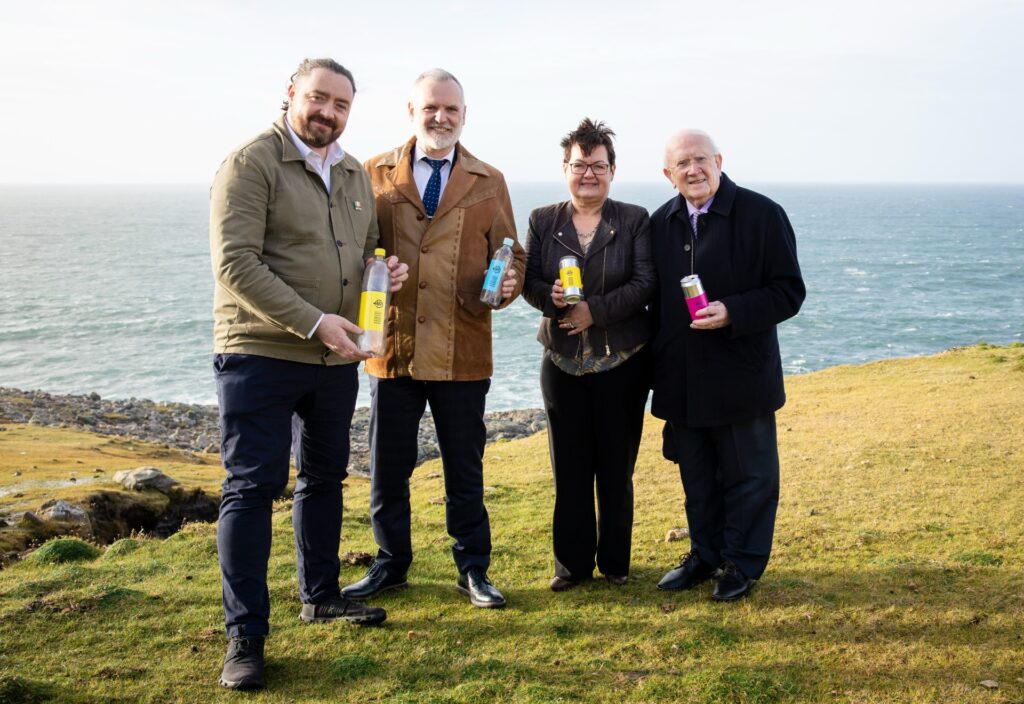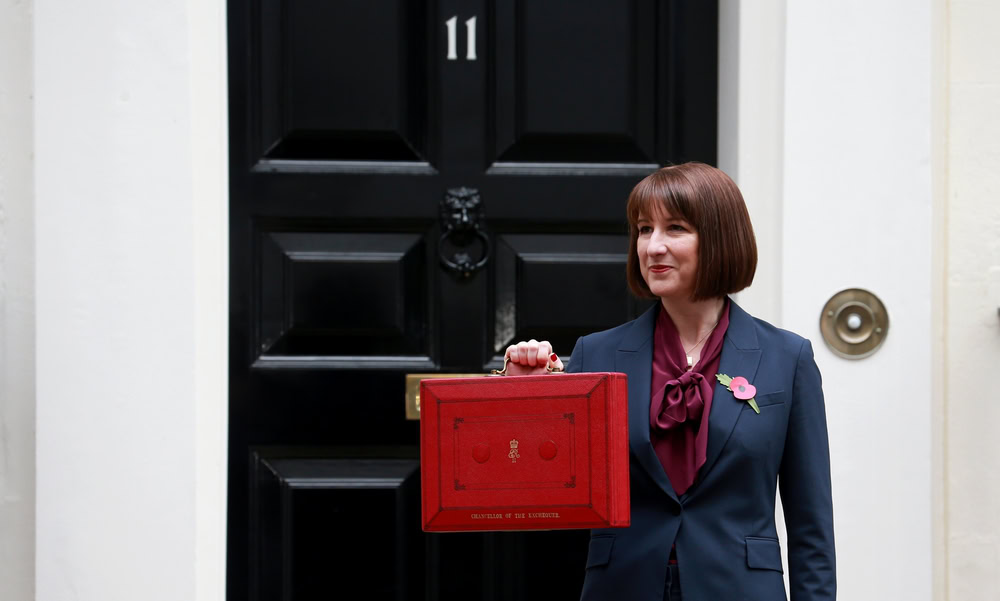A damning report released today (28 April) by the Public Accounts Committee (PAC) says HMRC’s monitoring of environmental taxes focuses on tax revenue, which is “not sufficient” on its own.

The report looks at four taxes administered by HMRC and the Treasury, each with explicit environmental objectives – the landfill tax, the climate change levy, carbon price support, and the aggregates levy.
The committee says HMRC has not monitored adverse outcomes “sufficiently” to understand the impact of environmental taxes.
It says HMRC does not monitor the effect of landfill tax on the export of waste, and it currently holds no information on levels of fly-tipping, although it had undertaken some analysis which found no correlation with landfill tax rates.
HMRC now plans to allocate an additional £2 million for evaluating tax measures in 2021–22, the report says. PAC recommends HMRC should ensure it has sufficient information to assess whether environmental taxes are achieving their objectives and whether they are having wider impacts, including unwanted behaviour change.
Landfill tax raised £600 million in 2019–20, the report says.
Conclusions and recommendations
The report also says the Treasury has yet to set out how the tax system can help government achieve the UK’s net zero target. The committee says the Treasury should aim to become an “exemplar finance department” in supporting government’s environmental goals like net zero and set out a clear vision of how it will work to help the UK achieve net zero by COP26 in November.
PAC warns the Treasury cannot explain how it will manage declining revenues from consumption of fossil fuels, worth £37 billion in 2019–20. It recommends the Treasury should set out a timetable for how it will consult on options for replacing declining revenues from fossil fuels including fuel duty.
The committee also says it is concerned that immediate priorities have often “outweighed” action needed to support long-term environmental objectives.
COP26
The UK is just six months from hosting the COP26 climate summit in Glasgow and PAC says the Treasury and HMRC have a “very limited view of the role of tax”, with a “limited understanding of the environmental impact” of taxes.

Meg Hillier, chair of PAC, said: “The economic revolution required to abandon fossil fuels and reach net zero must be the greatest co-ordinated ask, of governments around the globe, in history.
“But the UK government has been blithely issuing ever more ambitious climate targets for years now, with no sign of a roadmap to reach any of them.
“The departments in charge seem stuck in a bygone era, with little sign of the innovative thinking needed to achieve all this.”
‘Damning’
Libby Peake is head of resource policy at independent think tank Green Alliance, which recently conducted a survey of more than 2,000 people to gauge opinions on ‘green taxes’. The results showed six in 10 people support the principle of green taxes, that environmentally damaging behaviours should be made more expensive, while only one in 10 oppose it.

In response to the PAC report on environmental tax measures, she said: “This damning report is vital reading for the Treasury ahead of the Net Zero Review.
“Tax is not being used to its full potential to achieve the government’s environmental goals. That the impact of the few existing environmental taxes on behaviour is not even being adequately monitored is also extremely worrying.
“For the Treasury – and the rest of society – to play a full role in the transition to a net zero, nature-rich economy, all tax measures must be assessed against their environmental impact.”
Related links
House of Commons Committee of Public Accounts report on environmental tax measures
‘The green light for change’ – Green Alliance report








Subscribe for free